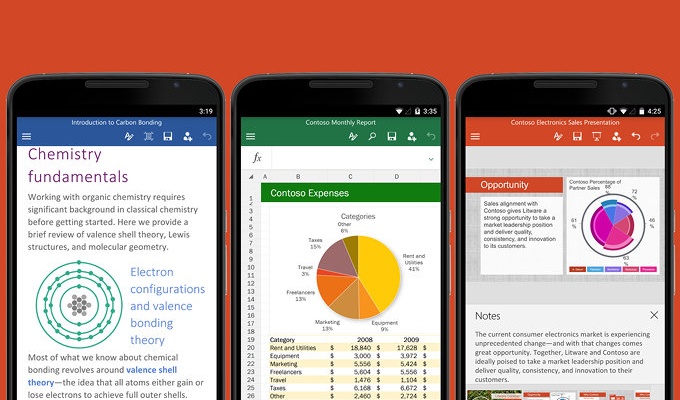Toshiba’s new technology dramatically increases the capacity and speed of memory cards and SSDs.
Toshiba is developing a prototype of flash memory, each of which has 166 GB of chips. The 96-NAND NAND chips have a 96-layer Layer in each cell with 4 bits, while the current 3-bit memory slot only allows the development of 32-gigabyte memory chips.
Each packet of these flash drives includes 16 chips, in other words, Toshiba technology will allow the production of 2.66TB flash memory, which will be the first step in the development of memory cards and SSDs faster and more powerful.
Western Digital is claiming to launch the next generation of San Diego brand products with these chips.







